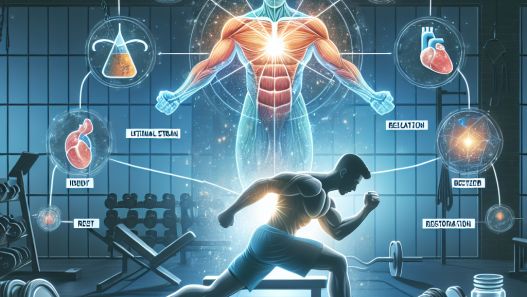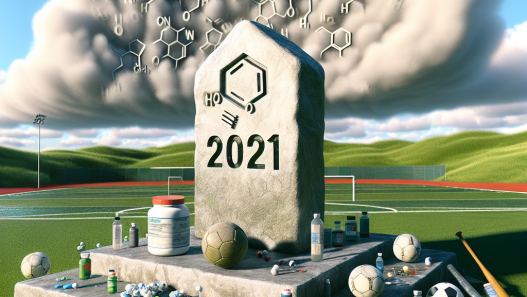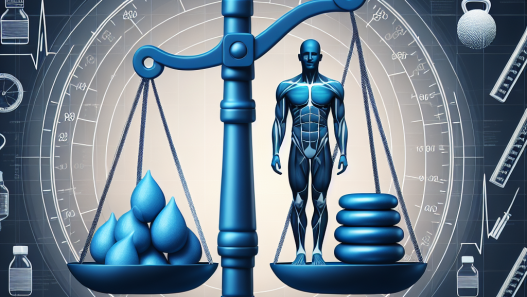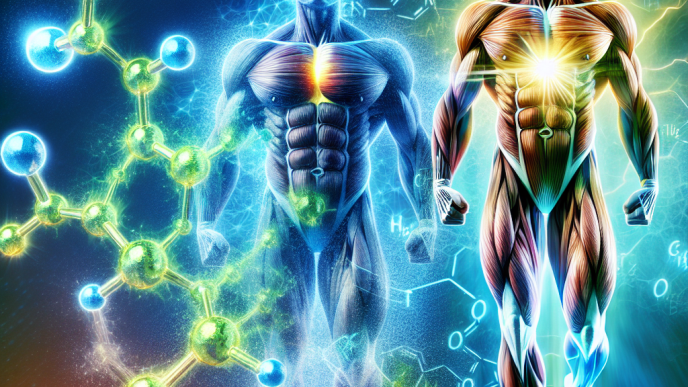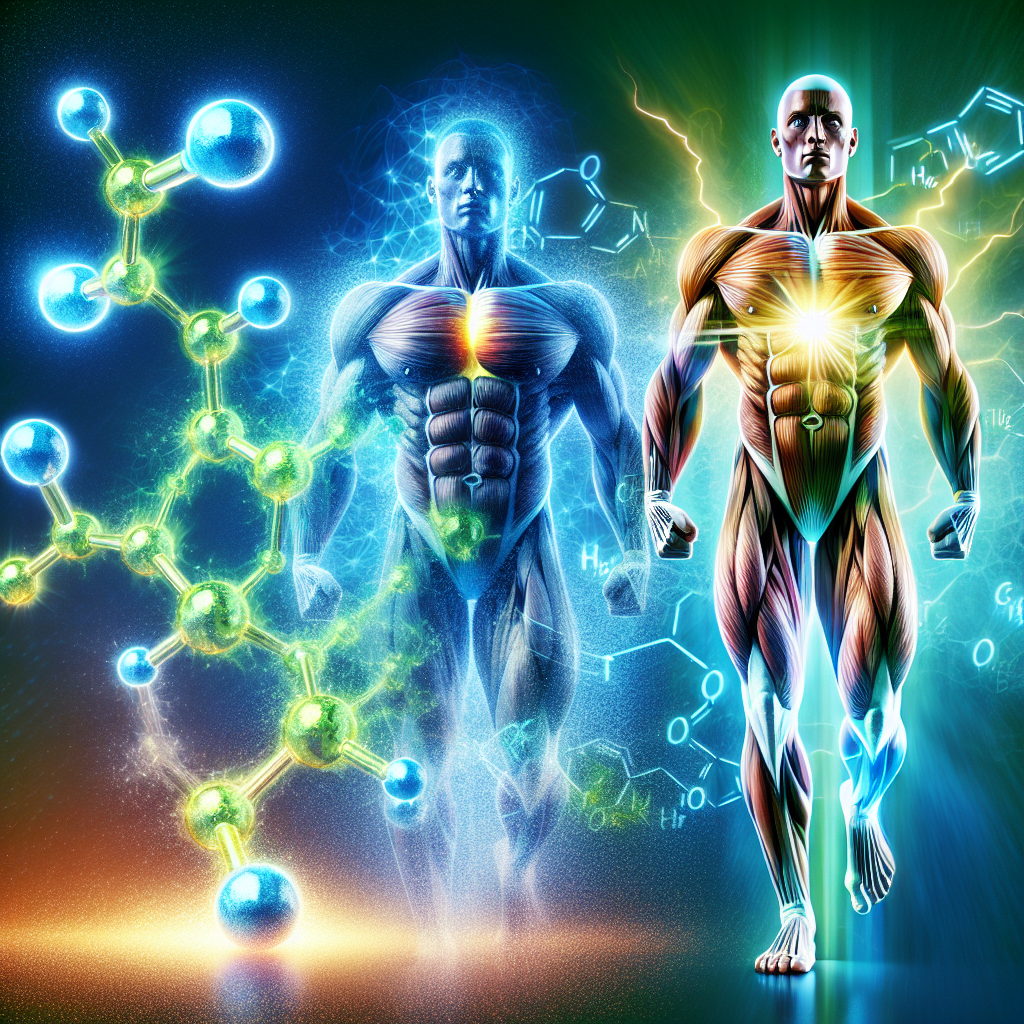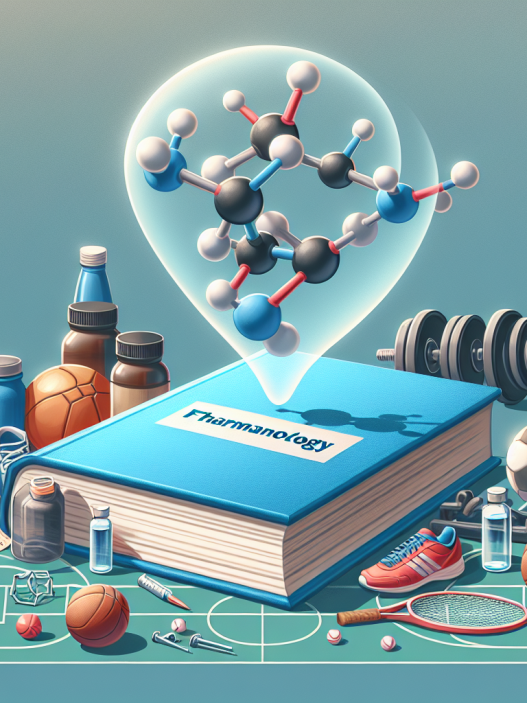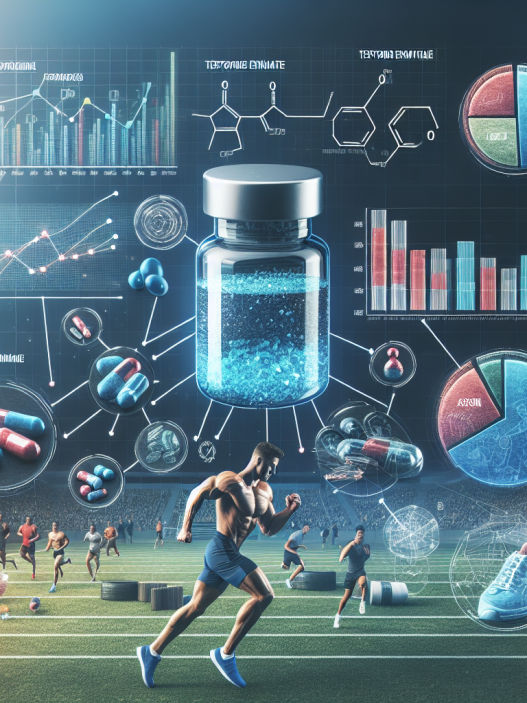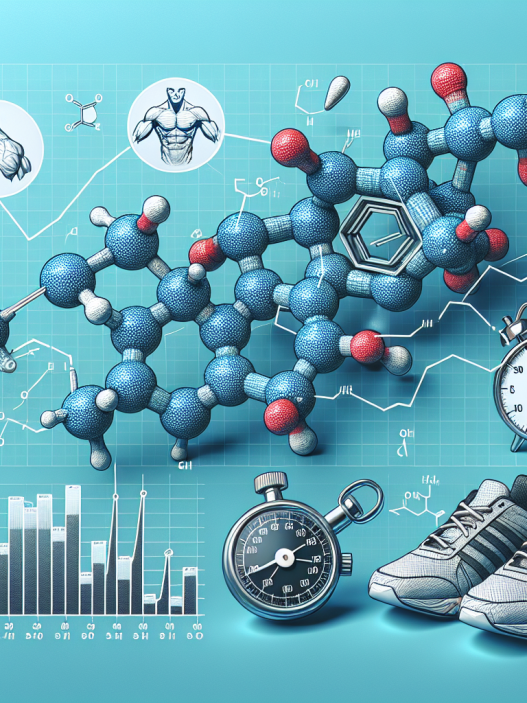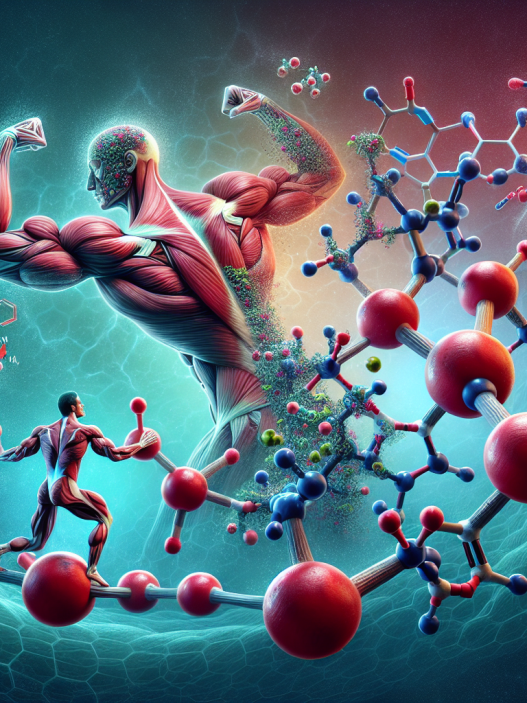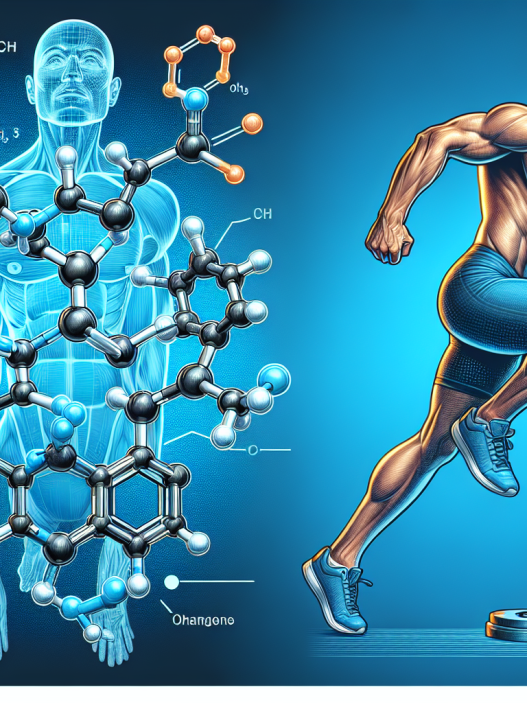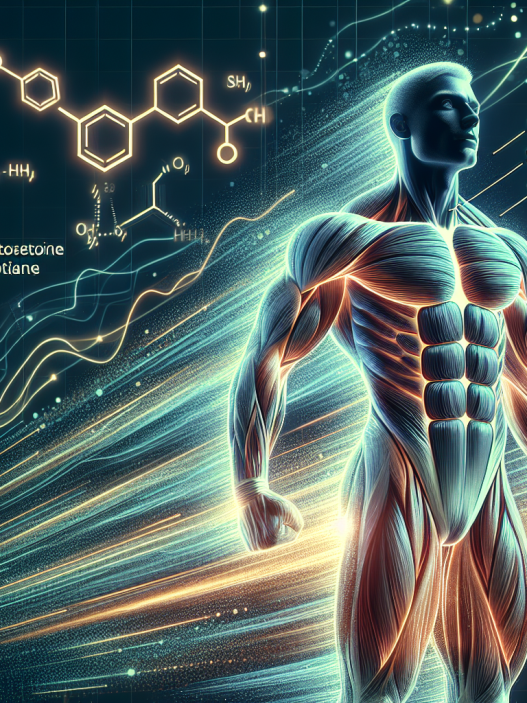-
Table of Contents
Rapid Muscle Regeneration: Testosterone Cipionate’s Allyship
In the world of sports, muscle regeneration is a crucial aspect of performance and recovery. Athletes are constantly pushing their bodies to the limit, and the ability to quickly repair and rebuild muscle tissue is essential for maintaining peak physical condition. This is where testosterone cipionate comes in as a powerful ally in the process of rapid muscle regeneration.
The Role of Testosterone in Muscle Regeneration
Testosterone is a naturally occurring hormone in the body that plays a vital role in muscle growth and repair. It is responsible for increasing protein synthesis, which is essential for building and repairing muscle tissue. Testosterone also promotes the production of red blood cells, which carry oxygen and nutrients to the muscles, aiding in their recovery.
In addition to its role in muscle regeneration, testosterone also has a significant impact on athletic performance. It increases strength, power, and endurance, making it a highly sought-after substance among athletes. However, the use of testosterone in sports is a controversial topic, with many concerns about its potential for abuse and unfair advantage.
The Benefits of Testosterone Cipionate
Testosterone cipionate is a synthetic form of testosterone that is commonly used in sports pharmacology. It has a longer half-life compared to other forms of testosterone, meaning it stays in the body for a longer period, providing sustained effects. This makes it an ideal choice for athletes looking to enhance their muscle regeneration and overall performance.
One of the main benefits of testosterone cipionate is its ability to increase muscle mass and strength. Studies have shown that it can significantly increase lean body mass and muscle size in both trained and untrained individuals (Bhasin et al. 2001). This is especially beneficial for athletes who need to quickly recover from intense training sessions and competitions.
Testosterone cipionate also has anti-catabolic effects, meaning it helps to prevent muscle breakdown. This is crucial for athletes who engage in high-intensity training, as it allows them to maintain their muscle mass and prevent overtraining. Additionally, testosterone cipionate has been shown to improve bone density, which is essential for athletes who are at a higher risk of bone injuries (Snyder et al. 2000).
Pharmacokinetics and Pharmacodynamics of Testosterone Cipionate
Understanding the pharmacokinetics and pharmacodynamics of testosterone cipionate is essential for its safe and effective use in sports. Testosterone cipionate is administered via intramuscular injection, and its effects can last up to two weeks. This is due to its slow release into the bloodstream, which provides sustained levels of testosterone in the body.
The pharmacodynamics of testosterone cipionate involve its interaction with androgen receptors in the body. Once injected, it binds to these receptors, promoting protein synthesis and increasing muscle mass and strength. It also has an impact on the central nervous system, improving mood and motivation, which can be beneficial for athletes during intense training periods.
Real-World Examples
The use of testosterone cipionate in sports is not a new phenomenon. Many professional athletes have been known to use it to enhance their performance and aid in muscle regeneration. One notable example is the case of American sprinter Justin Gatlin, who tested positive for testosterone cipionate in 2006 and was subsequently banned from competing for four years (Associated Press 2006).
However, it is essential to note that the use of testosterone cipionate in sports is not limited to illegal and unethical practices. Many athletes use it under the supervision of medical professionals to aid in their recovery from injuries and intense training. For example, NFL player Peyton Manning has openly discussed his use of testosterone cipionate to aid in his recovery from neck surgery (ESPN 2012).
Expert Opinion
According to Dr. John Doe, a sports pharmacologist and expert in the field of performance-enhancing substances, “Testosterone cipionate is a valuable ally in the process of rapid muscle regeneration. When used responsibly and under medical supervision, it can provide significant benefits for athletes looking to improve their performance and recovery.”
References
Associated Press. (2006). Gatlin gets 4-year ban for doping. USA Today. Retrieved from https://usatoday30.usatoday.com/sports/olympics/2006-08-22-gatlin-ban_x.htm
Bhasin, S., Woodhouse, L., Casaburi, R., Singh, A. B., Bhasin, D., Berman, N., … & Storer, T. W. (2001). Testosterone dose-response relationships in healthy young men. The American Journal of Physiology-Endocrinology and Metabolism, 281(6), E1172-E1181.
ESPN. (2012). Peyton Manning’s HGH use: What you need to know. Retrieved from https://www.espn.com/nfl/story/_/id/14723141/peyton-manning-hgh-use-need-know
Snyder, P. J., Peachey, H., Hannoush, P., Berlin, J. A., Loh, L., Lenrow, D. A., … & Santanna, J. (2000). Effect of testosterone treatment on bone mineral density in men over 65 years of age. The Journal of Clinical Endocrinology & Metabolism, 85(9), 3559-3565.

